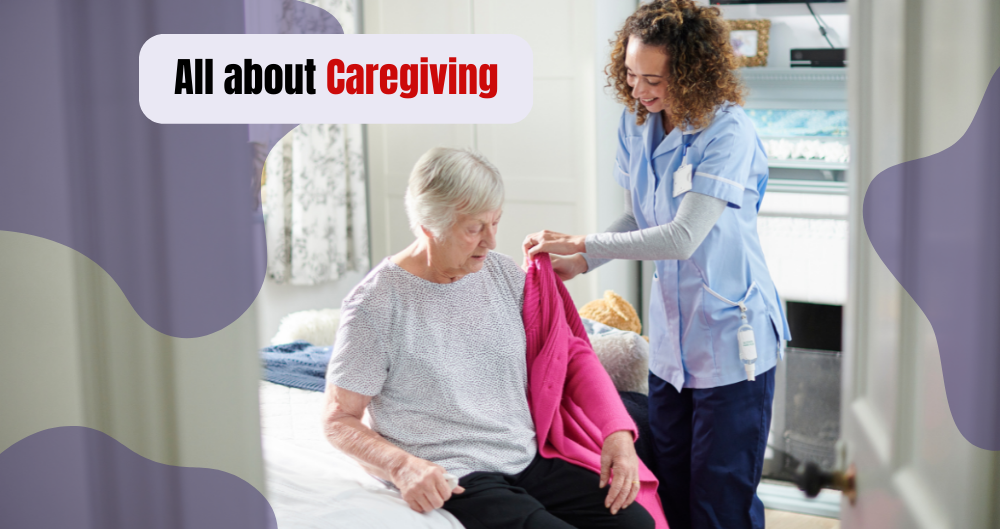What Is a Caregiver?

Caregiving is an act of compassion, providing all kinds of care to those in need. A caregiver dedicates themselves to assisting individuals who need support. Let's get into the importance of caregivers and the valuable role they play in our society.
The job of caregivers lies in their ability to enhance the quality of life for those they care for. They often perform a wide range of tasks. These include personal care, running errands, household chores, and companionship. Their dedication and compassion create a big impact on the lives of their patients.
How to become a certified caregiver
Getting certified shows your expertise in the field and can increase job opportunities. Caregivers assisting with daily living tasks don't always need a certification. Only CNAs and Home Health Aides (HHA) should have a license.
To be a certified caregiver, you must follow specific steps to gain qualification. Note that an HHA is different from a caregiver in their scope of work. HHAs pursue extra training, which enables them to provide more medical services. Find a training program approved by your state health department from the following:
-
Local universities
-
Vocational schools
-
The Red Cross
-
Local and national caregiver organizations
-
National Association for Home Care and Hospice
-
Family Caregiver Alliance
-
National Family Caregivers Association
You must complete your training based on your state’s requirements. These programs vary in length and content, but they generally cover the basic topics. These topics include communication skills, emergency procedures, maintaining good hygiene, and other responsibilities. Dreambound offers caregiver classes where you can gain valuable knowledge and training. Then finally, you will take a final exam to earn your certification at the end of your course.
Final Thoughts
A caregiver provides compassion and personalized care to individuals in need. Their duties include assisting with activities of daily living (ADLs) and more. They offer companionship and interactions to enhance the well-being of their patients. Caregivers are essential contributors to both the healthcare industry and society.

Blessed Joy Amarga is part of the Growth and Sales teams at Dreambound. She helps bring in new leads, increasing the number of people at the top of the sales funnel, and supporting the team in creating graphics to boost social media engagement. Blessed is also a Licensed Architect. Outside work, she enjoys traveling and exploring new places for her vlog.




